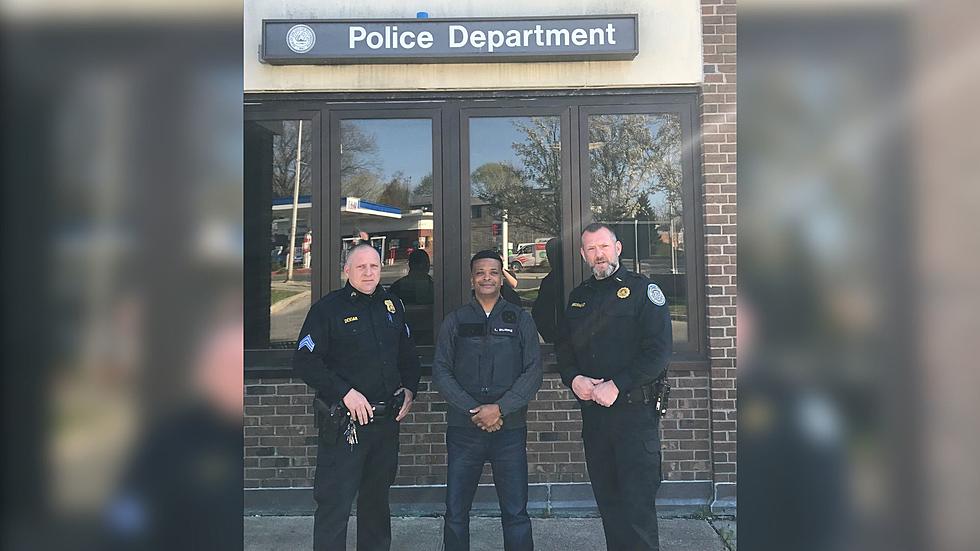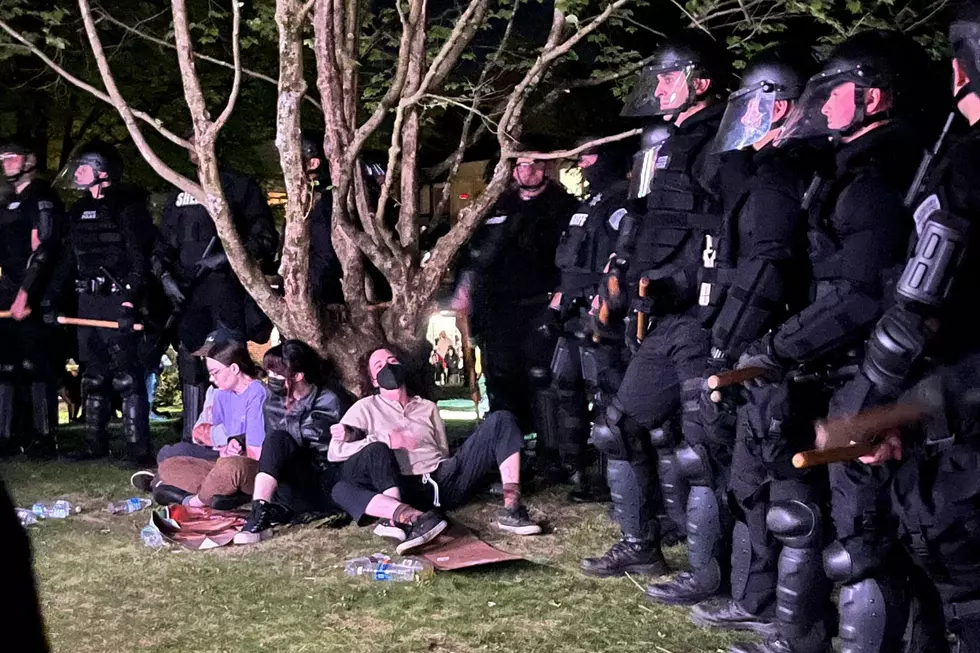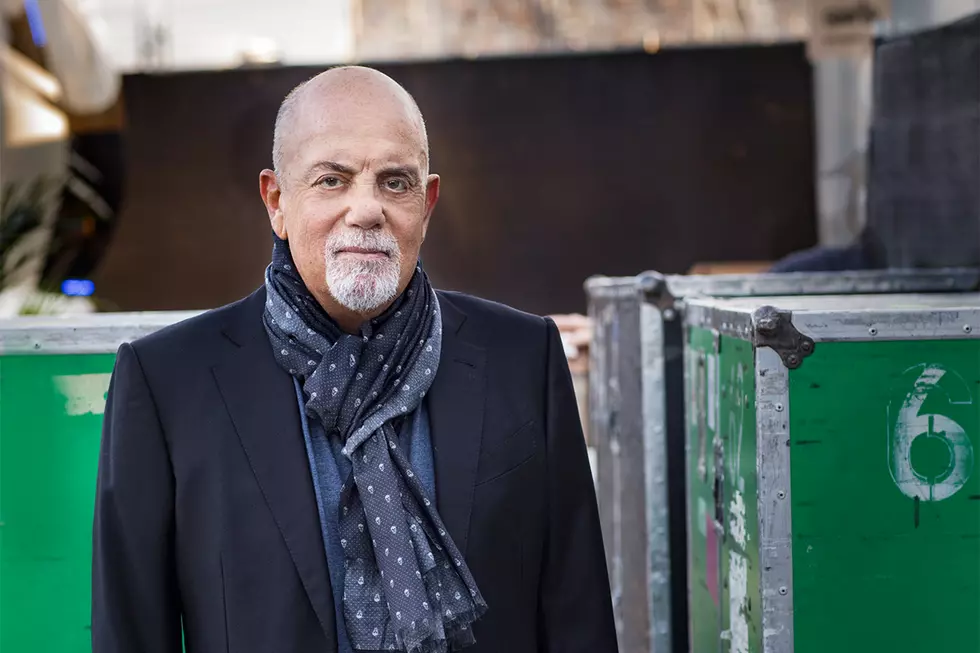
Mental Health of America Works With Local Police in Hudson Valley
An innovative program that partners mental health experts with local police has been a huge success in the Hudson Valley.
According to MHA of Dutchess County, the ECHO Program provides mental health services in three local police departments. The City of Poughkeepsie, Beacon and Hyde Park all have Behavioral Health Specialists embedded within their departments.
ECHO stands for Enhancing Community Health through Outreach and that's exactly what the program has set out to do. This unique program which sends a Behavioral Health Specialist out on every call with a police officer has proven to be successful because it covers all of the bases. MHA's Chief Operating Officer, Dr. Lisa Connolly, calls the program a "team effort:"
No one individual or agency can provide everything to everyone. Being embedded within the department offers easier access to one another, comprehensive and effective communication, and a cohesive team. While out on calls, officers determine the level of safety prior to intervention; therefore, they are the lead in all calls as safety must be paramount. However, when BHS is not on call, officers will leave follow-up notes for the BHS and that person will contact individuals the very next day.
Dr. Connolly says another advantage of having Behavioral Health Specialists embedded within the department is that it allows them to be available for any type of distress or trauma calls, as there are many levels of trauma that people experience in different ways.
City of Poughkeepsie Police Chief Thomas M. Pape spoke on the effectiveness of the partnership that he has seen firsthand.
The ECHO Program combined with all the other MHA services are vital to our police force. They can follow up with people in need of services that go beyond what the officers can provide on a routine call for service.
After the success of the pilot program in Poughkeepsie, the Beacon Police Department was able to embrace the program as well. According to City of Beacon Police Chief Sands Frost, the partnership between his department and MHADC has been beneficial as there are many different aspects of the program that have proven helpful.
What I [also] liked about the program was that you have a Behavioral Health Specialist who continually aids the people we deal with and usually prior to an arrest happening. The program was proactive instead of reactive.
Being proactive with intervention and prevention is what makes the ECHO program work so well. The experts in behavioral health are trained in de-escalation techniques that vary depending on the person's disorder. Officers have also been trained by MHA to help identify which approach works best with different individuals This resulted in emergency calls ending with a successful and peaceful resolution.
According to Dr. Connolly, MHA follows up with each individual that their experts come in contact with in the field, allowing these individuals access to a wide array of resources in Dutchess County.
We can link individuals to include, but not limited to, DCSF, food pantries, budgeting institutions, clothing, self-help groups, therapists, psychiatrists, vocational/educational, medical, specialists, nutritionists/dieticians, family, social/recreational, treatment providers, housing providers, shelters, community supports, medical transportation, Medicaid, etc. We also have access to databases with prior information to help assist the person obtain services needed.
Data from the three-year partnership shows that the ECHO program has remained highly successful and efficient. The program has not only benefited the community but also the police departments and the mental health agencies because they all work together towards a common goal. Dr. Connolly says that neither department could provide this type of service alone, and it's the " talk it through-talk it out" approach of effective communication that's made ECHO such a success in the community.
More From WPDH-WPDA







